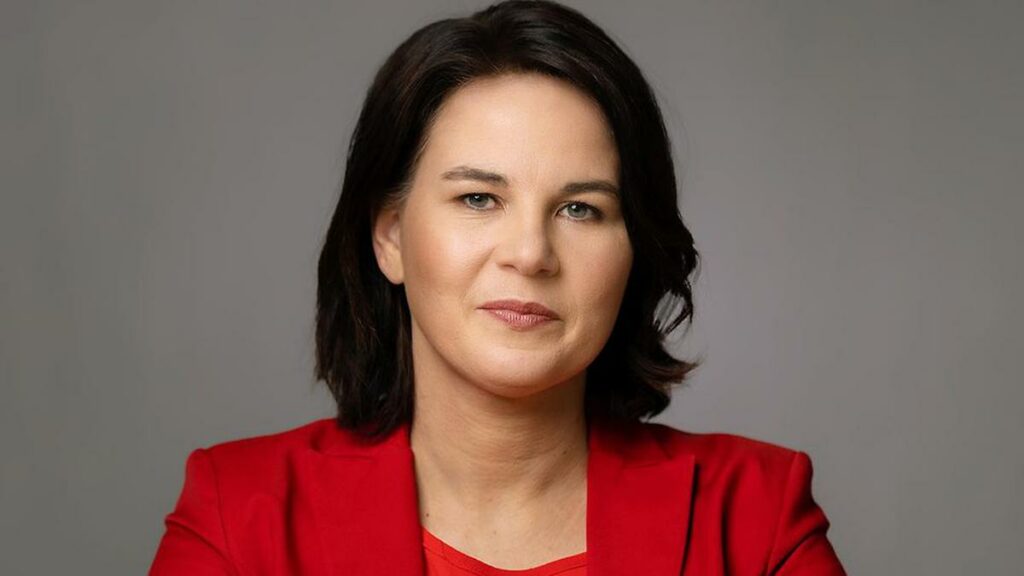India and Germany talked about the crude oil crisis created at the international level in the wake of the Russia-Ukraine war. India’s Foreign Minister S. Jaishankar and Germany’s Foreign Minister Annalena Baerbock held a bilateral meeting on this yesterday at Hyderabad House. Apart from diplomatic talks, the two countries also signed an agreement yesterday to facilitate the passage of Indian students and professionals to Germany.
According to sources, Jai Shankar spoke yesterday in keeping with the tough stance taken by the Modi government on the Western ban on oil imports from Russia. It is clear after the meeting. In the words of India’s foreign minister, “Germany understands India’s commitment to Russian oil. But I hope the European media will also understand it.” He then commented, “The amount of crude oil that the European Union (EU) imports from Russia is more than the imports of ten countries.” Incidentally, this Jaishankar once said, “India imports as much oil as Europe imports from Russia in an afternoon in a whole month.”
The strategy of G-7 groups

In a strategy to stop the war by cornering Russia financially, the G-7 group of countries are imposing major restrictions on oil imports from that country. So that India also joins this strategy, diplomatic missions are going on in stages. But till now India’s position and national needs will be prioritized in terms of energy. So far, India has been buying crude oil from Moscow relatively cheaply. In Jai Shankar’s words, “When energy sources are limited, Europe will act one way and give India another advice. It cannot happen.”
Apart from the situation in Russia, the two ministers also discussed the security situation of India’s neighbouring countries and the entire region. The foreign minister said, “We have talked about Pakistan, and Afghanistan in detail. We have talked about the challenge of terrorism. We engage Pakistan in bilateral issues, but if terrorism continues, the talks cannot go ahead. Germany understands the issue.” Referring to China, German Foreign Minister Baerbock said, “The entire region has seen that, how China has changed in recent times. We are crafting a new Indo-Pacific policy, where China’s role will be reassessed.”
Discrimination is evident in the digital
India has recently overtaken Britain as the fifth-largest economy in the world. The eye is currently on building a five-lakh crore dollar economy. But despite this, the financial and social disparity between different classes of people in the country is growing alarmingly, it has also been revealed in various surveys of consultants and research organizations. According to Oxfam India’s report on Monday, this disparity in terms of religion, caste, gender, class and geographical area is alarmingly reflected in the digital sphere as well.
“India Inequality Report 2022: The Digital Divide” was prepared by Oxfam India by analysing a survey by consultancy CMIE from January 2018 to December 2021. The National Sample Survey report of the Ministry of Statistics was used. The report says that the benefits of digital technology are reaching the majority.
